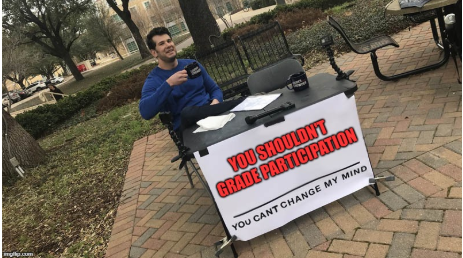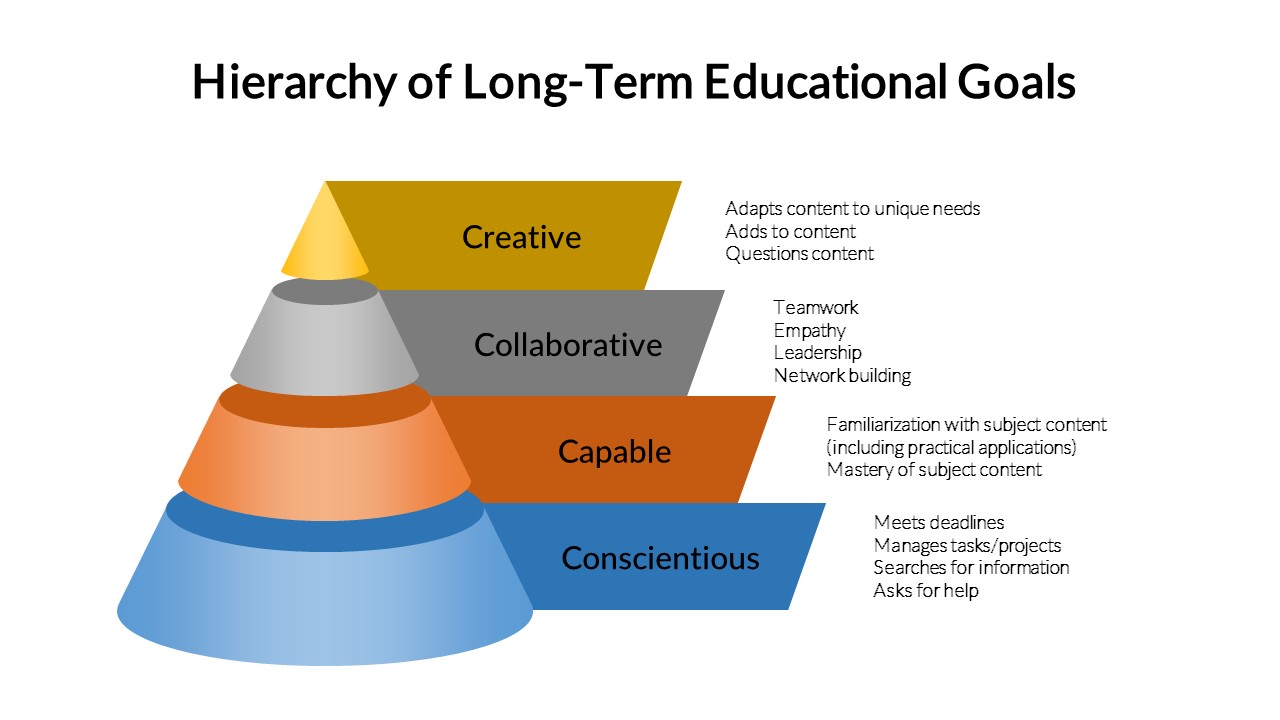Trip Planning Project
She told me about an activity where her teacher gave them a budget of around $750 and told them to plan a trip to Jeju Island, “The Hawaii of Korea”. The budget would need to be enough for two people to get there, find a place to stay for three nights, eat, and do some sightseeing. We live in Daejeon, located in the middle of South Korea, so her transportation options included flying or taking a train/bus to the coast and then taking a ferry. My daughter has been a several family trips but this was the first time she was put in charge of planning all the details and she really enjoyed the challenge.
The three main skills she developed with this class project were trip planning, internet searching, and budgeting. She said that trip planning wasn’t that hard since the teacher told her what the budget would need to cover; but the devil would be in the details and she would need to hone the latter two skills to be able to plan her trip effectively.
For internet searching, each student was provided with a Galaxy Tab connected to WiFi in the classroom. I understand that many classrooms around the world will not have access to individual devices or wireless internet. However, if the school has a computer lab this could be an excellent use for it. Students could also work in groups if there are not many computers available.
My daughter explained that the teacher didn’t recommend any websites for finding transportation or hotel options so she used search engines like Google or the Korean equivalent, Naver, to look for travel booking websites. She really enjoyed finding good deals and having a say in where to go and what to do.
She felt that budgeting was the hardest part of the project and as a parent I couldn’t help but smile and think, “She finally understands what I mean when I say that we can’t afford something!” She admitted to me that it was challenging to decide whether to stay in a nicer place and slash the food budget or give herself a little more to eat with. She also decided to try to enjoy free activities like hiking and going to the beach instead of buying museum and show tickets. This is a real-life conundrum that adults face when planning a trip so it was great to see her recognize how difficult it is to make these tough decisions.
She said that over the course of the semester the students did several versions of the project. They could choose to travel alone or with a friend and stay in Korea or travel overseas. The project was very useful because in addition to honing the skills I mentioned above, there was so much learner agency involved. There were no right or wrong answers. She had the freedom to make all the decisions and she just needed to stay under budget. Kudos to her teacher for planning this activity!
Foreign Country Investigation Project
I have introduced a similar project while leading English teacher training workshops. First, I put the teachers in groups and distribute five or six kinds of foreign coins and paper money that I collected during overseas trips to each group. We compare and contrast the different currencies and talk about how to scaffold lessons using the money as a prompt. For lower-level students, we could focus on teaching vocabulary describing the colors, shapes, denominations, and the pictures on the money. We could also teach comparative words like “bigger”, “more colorful”, and “more valuable” to compare two bills or coins. We might even ask higher-level students to guess why they think the pictures on the money were chosen to represent that country and then have discuss their own country’s currency. It’s interesting to see how both teachers and students can struggle to remember all the people and objects on their money.
If the students are at a conversational level, we can take things a step further and do an internet search to learn more about one of the countries. I usually ask the teachers to choose the country that they know the least about or want to visit the most. Then I ask them to search online and find the capital, the population, the flight time from Seoul to the capital, how much the money from that country that they have at the table is worth in Korean money, and three interesting things to do or see if they travel there. They love the activity and think their students would enjoy it too. One thing to be aware of is that even if the students to search in English, the location services and device’s language settings may cause the results to be displayed in the local language. This happened with teachers’ phones so you be sure that it can also happen with your students’ devices.
Travel agencies around the world took a hit when websites like Booking.com, Google Flights, and TripAdvisor started becoming popular. These websites made planning a trip incredibly easy by aggregating many possibilities and putting them all in one place. They can also act as a virtual gateway to help our students learn more about other countries and cultures while giving them experience working with a budget by prioritizing different aspects of a trip and deciding where to splurge. Regardless of the language they are using, online trip planning is the kind of class project that is practical, fun, and one of the few things my daughter came home and raved about. In my book, that makes it outstanding.






 RSS Feed
RSS Feed